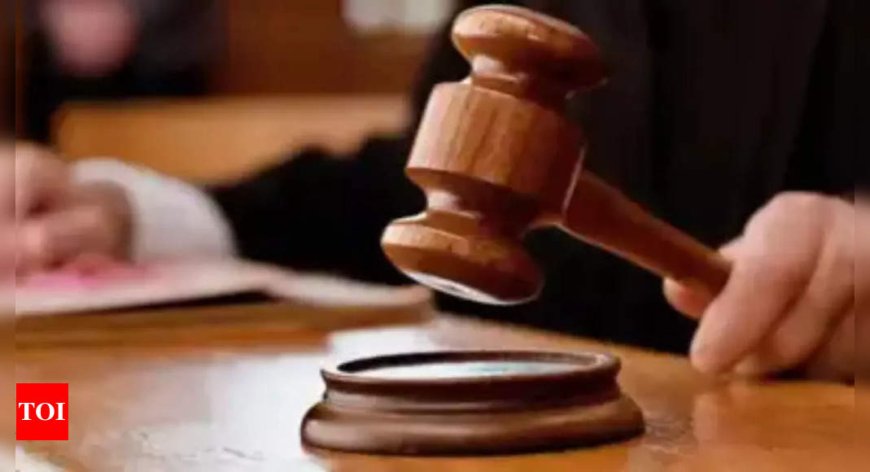Moral policing not court’s job, says SC, sets aside HC cost for tweets
The Supreme Court overturned a Punjab and Haryana High Court order that had imposed a ₹10 lakh cost on musician Vishal Dadlani and politician Tehseen Poonawalla for their tweets mocking a Jain monk. The apex court emphasized that it's not the court's role to engage in moral policing.

Moral Policing Not Court’s Job, Says SC, Sets Aside HC Cost for Tweets
In a pivotal decision that resonates with the ongoing discussions about personal freedoms and legal boundaries, the Supreme Court of India has firmly stated that moral policing is not within the purview of judicial bodies. This ruling came after the Court set aside the costs imposed by the High Court concerning certain tweets that sparked a significant debate on free speech and expression.
The Context of the Ruling
The Supreme Court's response addresses an essential issue in contemporary Indian society, where individuals often face backlash for their expressions on social media platforms. The court highlighted that it is not the responsibility of the judiciary to take on roles that encroach upon personal freedoms, rather, this should be left to societal norms and values.
Implications of the Supreme Court’s Decision
This ruling holds substantial implications for how cases involving moral policing are treated in the future. The Supreme Court has advocated for a clear separation between personal beliefs and judicial interventions, emphasizing the need for a liberal approach towards free speech. This enhances the argument that social media must be a space of unimpeded discourse, where views can be expressed without fear of retribution.
Reactions to the Verdict
Legal experts and civil rights activists have hailed this decision as a victory for individual rights and freedoms. The ruling aims to foster an environment where citizens can voice their opinions without the chill of moral policing. Many view it as a landmark moment that advocates for progressive values in a rapidly evolving digital age.
As discussions around the topic of moral policing and personal freedoms continue to unfold, the Supreme Court’s statement reinforces the importance of maintaining the independence of thought and expression as fundamental rights protected by the constitution. For more updates, visit dharmyuddh.com.
In conclusion, the Supreme Court’s ruling serves as a reminder that the judiciary should not involve itself in moral judgments, allowing society to navigate these complex issues in a respectful and open manner. Keywords: moral policing, Supreme Court India, HC cost tweets, free speech, personal freedoms in India, judicial boundaries moral policing, societal norms and values, implications of Supreme Court ruling, reactions to Supreme Court verdict, individual rights and freedoms, landmark decision India, moral policing discussions







